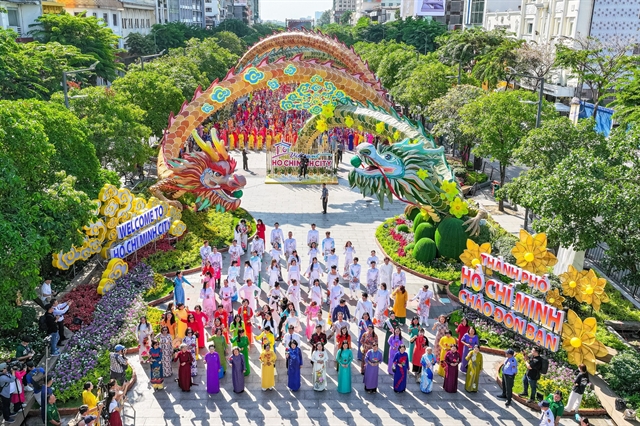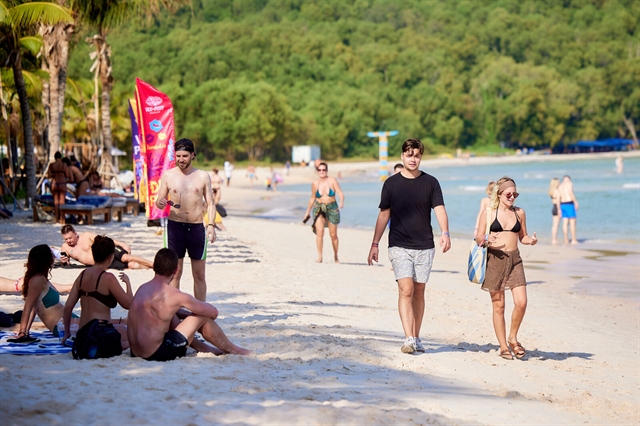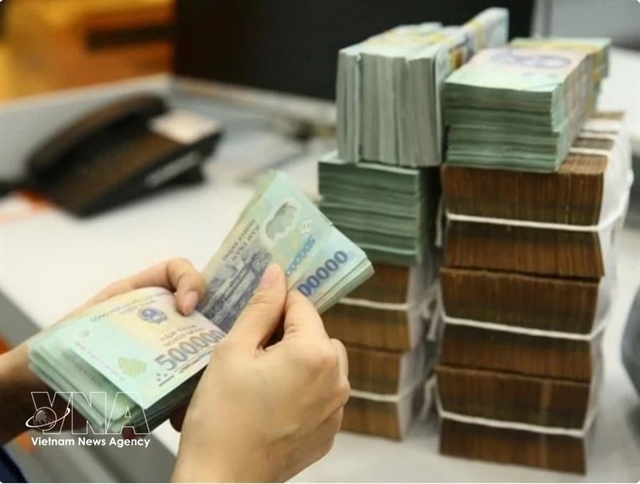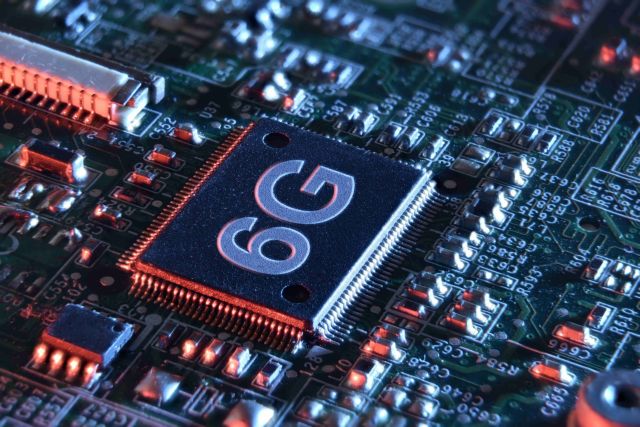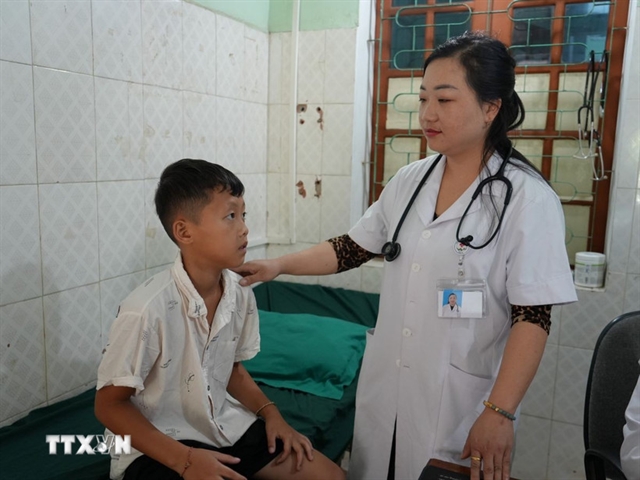 Society
Society

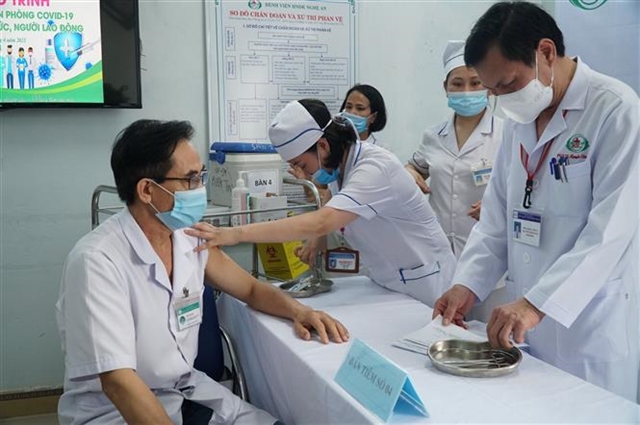
|
| A medical officer in central province of Nghệ An receives COVID-19 vaccine in April. — VNA/VNS Photo Bích Huệ |
In a recent interview with Sức khỏe & Đời sống (Health & Life) newspaper, Associate Professor Đào Xuân Cơ, Deputy Director of Bạch Mai Hospital and General Secretary of Việt Nam National Association of Emergency, Intensive Care Medicine and Clinical Toxicology talks about the country’s plan on the management of rare blood clots related to COVID-19 vaccine.
Could you elaborate on the link between blood clots and COVID-19 vaccines? What are the reasons for this?
The European Medicines Agency has confirmed that there are some very rare cases (at the rate of 1-4 cases out of 1 million vaccinated people) of people developing a blood clot or low platelets within one to two weeks after receiving AstraZeneca vaccine.
The reason for this is still not clear, however, scientists believe that it is very rare that the immune system makes antibodies to platelet factor 4 (PF4) after receiving COVID-19 vaccine. This causes platelets to reduce and blood clots.
Recently researchers at the University of Oxford have reported that the risk of the rare blood clotting known as cerebral venous thrombosis (CVT) following COVID-19 infection is around 100 times greater than normal, several times higher than it is post-vaccination or following influenza.
In Việt Nam, COVID-19 vaccines have been rolled out in 22 provinces and cities for nearly 80,000 people, however, there is no blood clotting cases reported.
Typical side effects of the vaccines include fever, fatigue, pain at the injection site. Some may have signs of mild to moderate allergic reactions to the COVID-19 shot. The rate of this is lower than recorded by manufacturers and other countries.
Only 1 per-mille of these cases have hypersensitivity reactions after injection. All of these cases have been handled according to regulations and their health has been stable and they have recovered fully after one to two days of treament at health facilities.
Technically, can rare blood clots caused by COVID-19 vaccines be handled like the normal blood clot cases?
The treatment for this is the same with normal blood clots. The method for diagnosis and treatment of low platelets and blood clots after COVID-19 vaccination has been submitted to the Ministry of Health.
The method is very detailed, easy to follow and conduct so it can help vaccination facilities to handle these cases promptly in the community or at local health facilities. It also instructs vaccinated people to detect symptoms early so they can be handled promptly.
Given that not all localities have experts to handle these complications, what should we do to ensure safety for vaccinated people?
Before the COVID-19 vaccine rollout, the Ministry of Health issued instruction documents and organised training nationwide about receiving and storing vaccines, as well as doing initial checks before the vaccination.
The health ministry also organised training nationwide on preventing, diagnosing and handling anaphylaxis. On April 15, Minister of Health Nguyễn Thanh Long issued a Decision to establish a steering committee on COVID-19 vaccination safety whose staff include leaders from the ministry and relevant departments and agencies as well as Việt Nam’s top scientists and experts on vaccination, contagion, intensive care, hematology, cardiology and neurology, they will do instruction work about initial checks, monitoring and handling the unusual complications to support localities. The target is to ensure safety for all vaccinated people.
I think that localities need to update and do good communication work so their medical officers can closely follow the health ministry’s instructions on initial checks before vaccination and diagnosis as well as monitoring and treatment after vaccinations.
They should also instruct vaccinated people to monitor themselves at home and advise them to go to a health facility in case they have symptoms like headache, stomachache, difficult breathing or bleeding.
At a recent meeting on enhancing COVID-19 prevention and control work, the Minister of Health highlighted that with remote health systems that connects 1,500 sites, experts are always on hand ready to offer professional support for local hospitals and health facilities.
Therefore, grassroots vaccination sites will always receive timely and professional support in the management of severe post-vaccination reactions.
What are your recommendations for people about COVID-19 vaccines and blood clotting?
There should be no concerns about COVID-19 vaccinations because blood clots after injections are very rare.
However, after vaccination, people need to self-monitor, if there is one of the following symptoms, hey need to go to the medical facility immediately for timely examination and treatment to avoid complications: headache, blurred vision, diplopia, convulsions, numbness, paralysis. It also includes chest pain, difficult breathing, persistent stomachache, lower limb edema. — VNS

